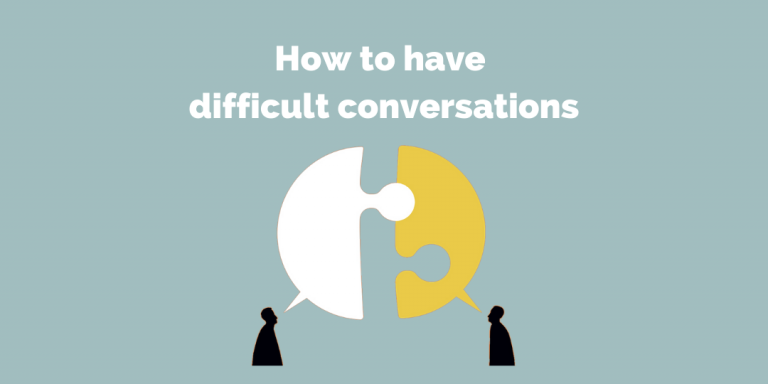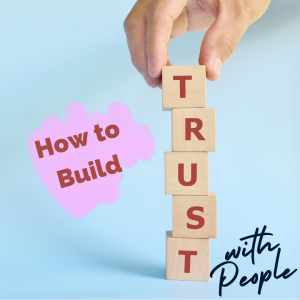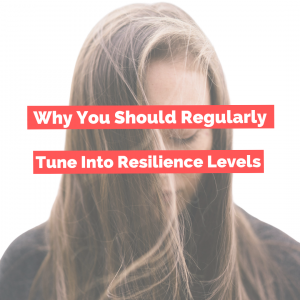Difficult conversations can be extremely daunting and all too often we choose to avoid them or dilute the message that we really want to give.
At work, difficult conversations are often linked to poor performance, behaviours or managing personality clashes. In our personal lives it can be anything from a crunchy conversation with a close friend to the more serious dynamics of a relationship. Whatever the situation, they can really test our communication skills.
Many reasons for avoidance often stem from a lack of confidence. It’s so normal for us to predict and expect a negative outcome, which means we’re setting ourselves up to fail before we even begin. Yet it doesn’t have to be like that; if you are unhappy or upset about a situation or behaviour then why would you allow the pain to continue by putting up with it?
Here are five simple steps that can help you to have a meaningful and healthy discussion:
Don't put it off
Stop thinking ‘it’s not worth it’ or ‘I’ll wait to see what happens’. Be brave, take a deep breath and start to take back control of the situation. The first step is to give you and them time to cool off and then plan a good time to meet, allowing plenty of time for reflection and consideration of each others points.
Prepare
Take some time to think about what you want to raise and how you’re going to articulate it. Don’t try to ‘plan’ the conversation as they rarely go the way we think they will. Preparing will help you to be confident in what you want to address and be really clear and confident in how to address it.
Listen
A bad habit that many of us have is to focus on what WE want to say next rather than actually listening to what is being said to us. By hearing and acknowledging the other persons point of view you are actually showing how much you care.
Be respectful
Use direct and non-emotive language that focuses on the facts and describes a situation without being emotional. Natural language, facts and specific examples will stop this becoming a personal attack and help to focus on resolving the issue.
Expect a positive outcome
If you think it’s going to be disaster then it probably will be…we get what we focus on! Try thinking less about it being ‘difficult’ and more about just having an open and honest conversation. The topic may be tricky or sensitive but by focusing on positive alternatives and solution’s means you’re more likely to get an outcome that works for both of you.








